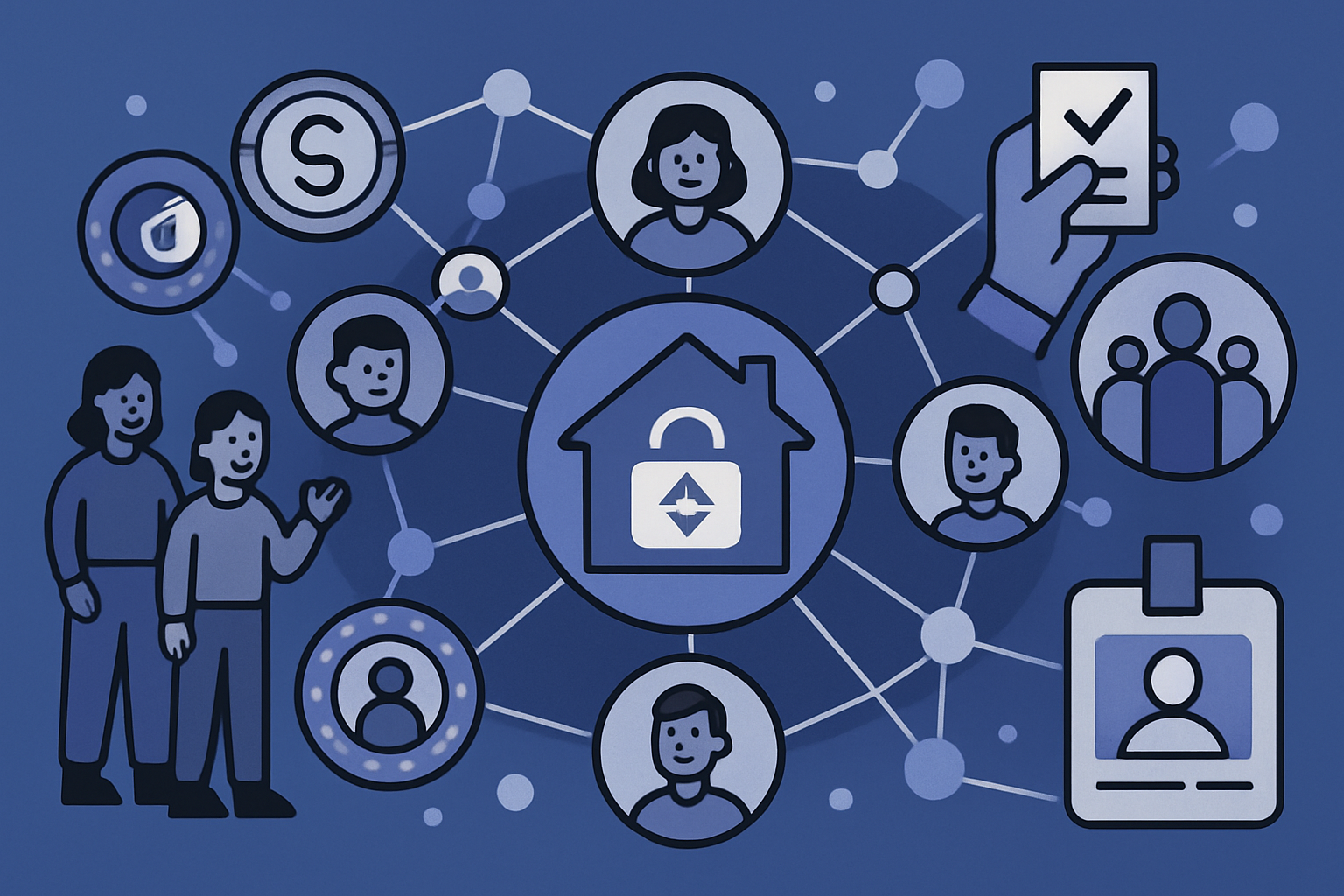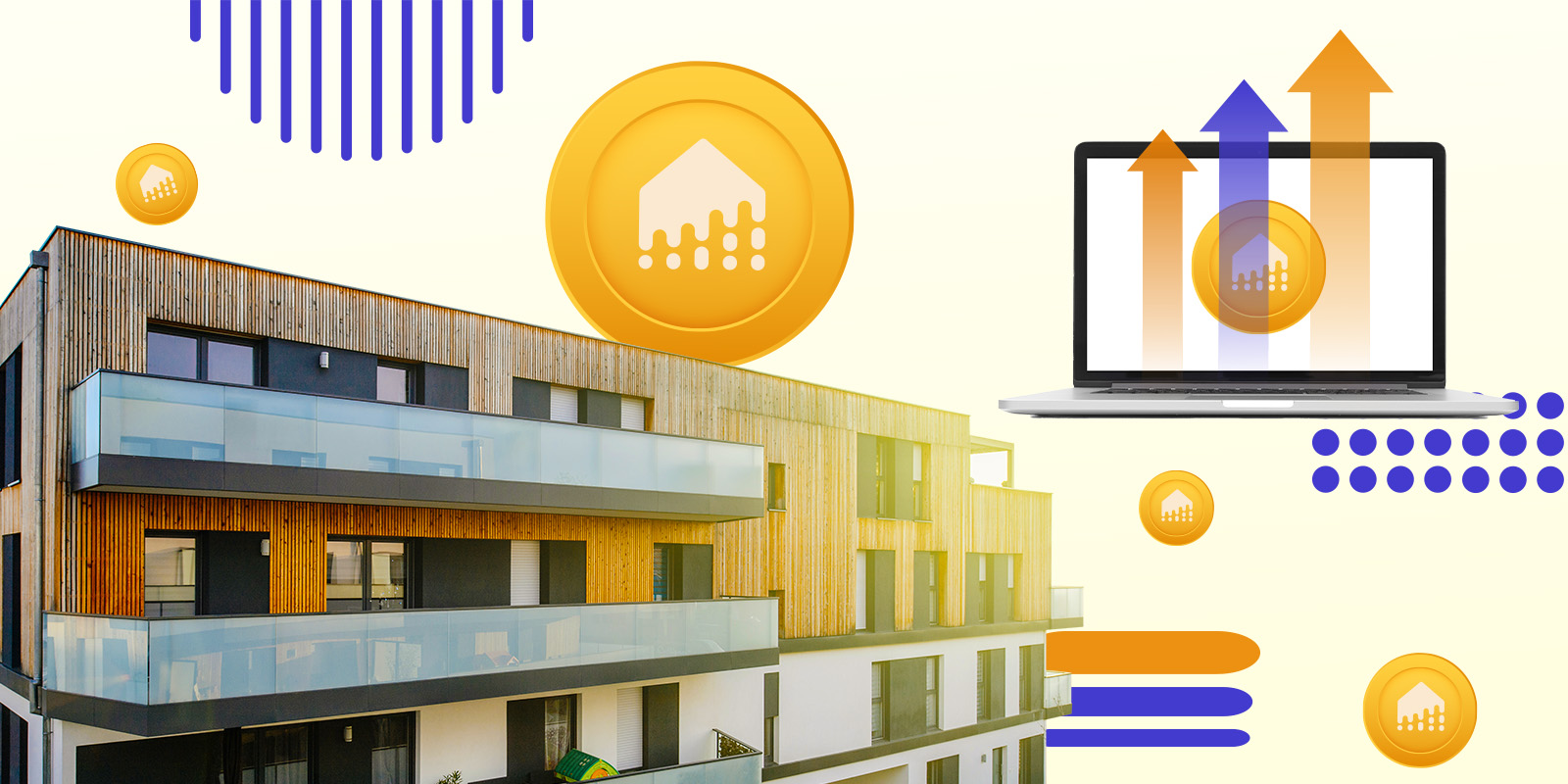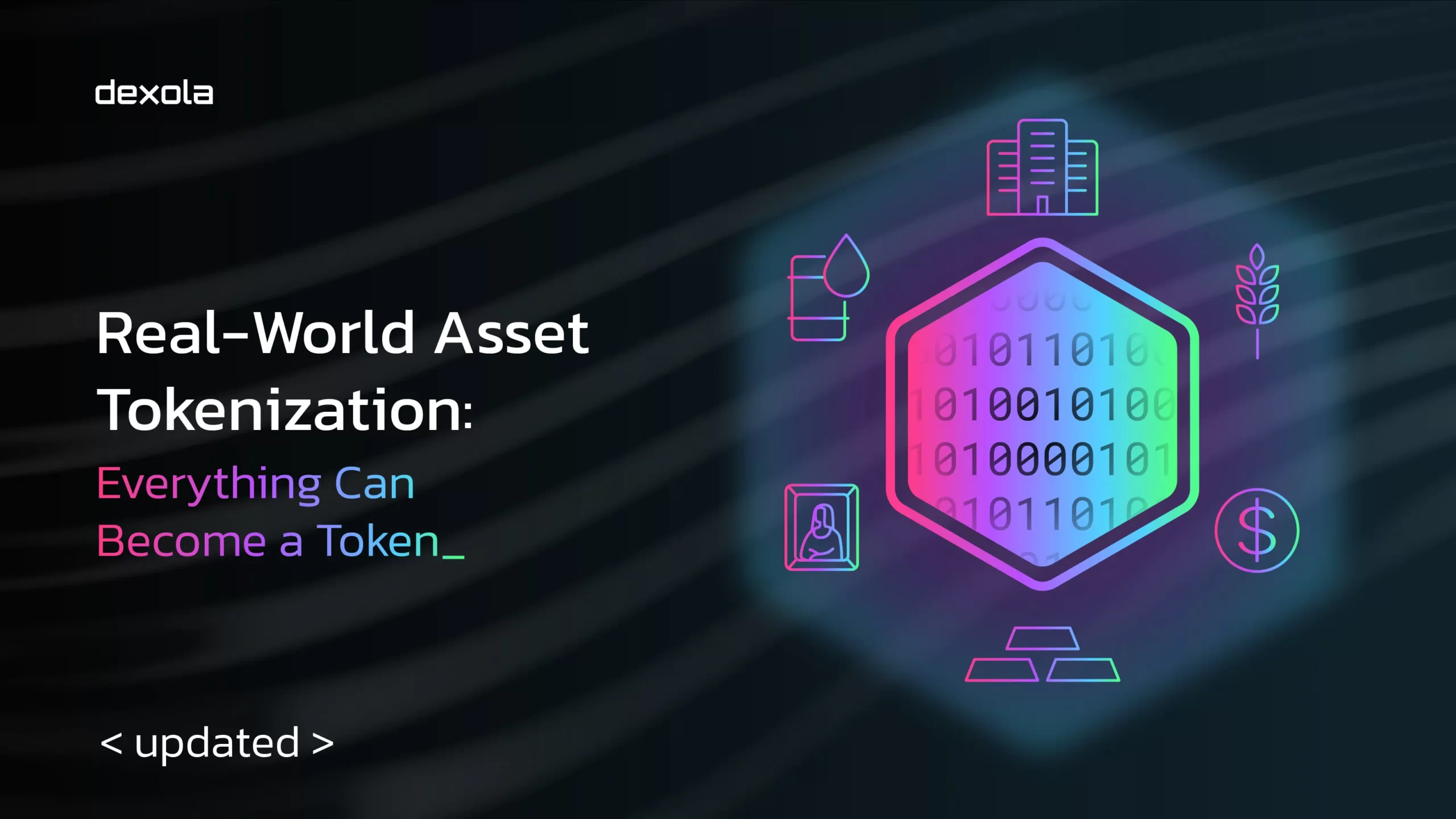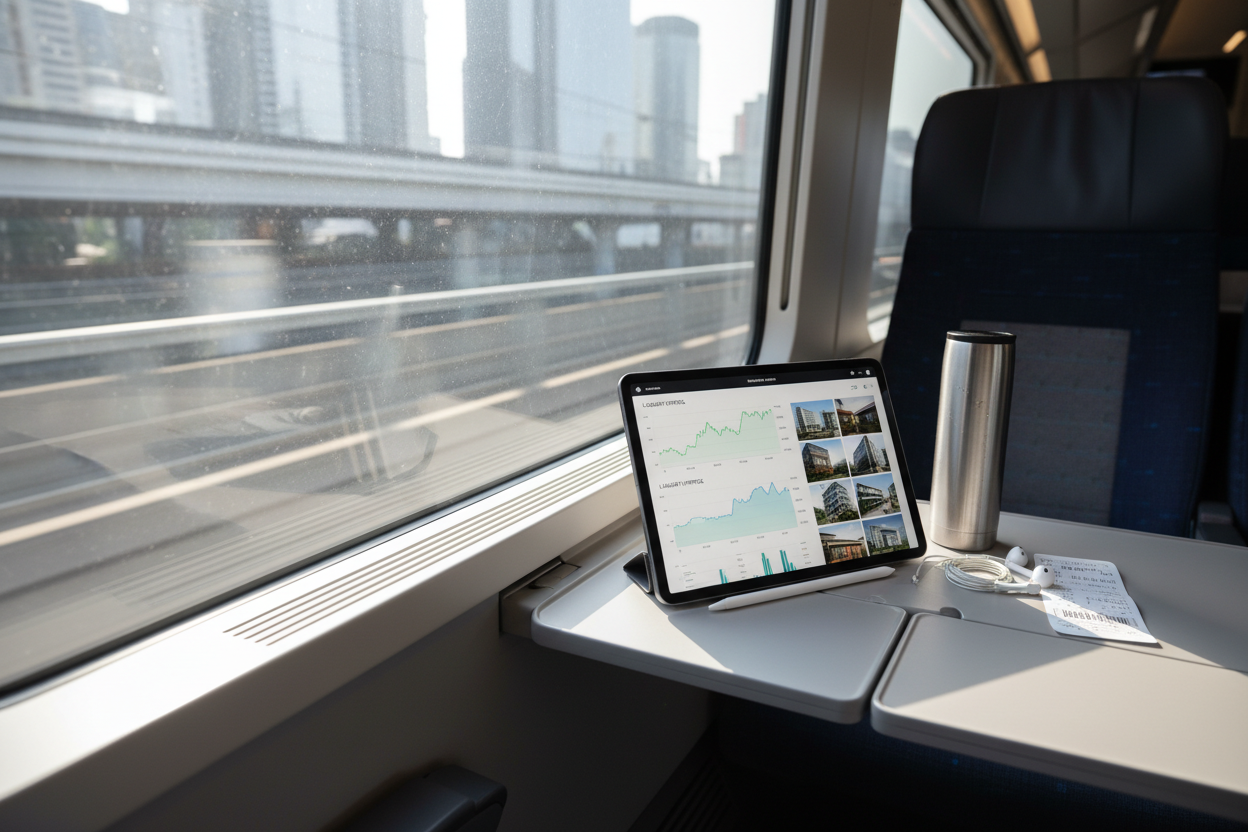How Blockchain-Powered PropertyNFTs Are Transforming Real Estate Rentals

Imagine a world where you can invest in rental properties with just a few clicks, track your ownership transparently, and receive rental income automatically – all without the paperwork headaches or waiting on third parties. Thanks to blockchain-powered PropertyNFTs, that world is quickly becoming reality. The fusion of blockchain technology and real estate is shaking up the rental market, making it more accessible, efficient, and transparent than ever before.
What Are PropertyNFTs and Why Do They Matter?
PropertyNFTs are non-fungible tokens that digitally represent ownership or rights to real-world properties on a blockchain. Unlike traditional deeds or rental contracts that require manual verification and endless paperwork, PropertyNFTs leverage smart contracts to automate agreements and enforce terms. This means every transaction – whether buying, selling, or leasing – is recorded immutably on-chain, offering a level of transparency and trust the industry has never seen before.
By breaking down properties into digital shares or tokens, these platforms allow for fractional rental ownership. Now, instead of needing to buy an entire building, investors can purchase a fraction of a property, opening doors for people with smaller capital to participate. This is a game-changer for anyone who wants to diversify their portfolio without the traditional high barriers to entry.

How Blockchain Is Streamlining Rental Transactions
One of the most compelling benefits of PropertyNFTs is the streamlining of property rental transactions. Here’s how:
- Smart Contracts: These self-executing contracts automatically enforce rental agreements, from payment schedules to maintenance obligations, reducing the need for intermediaries and cutting costs.
- Immutable Records: Every change of ownership or rental agreement is permanently logged on the blockchain, making disputes over terms or payments a thing of the past.
- Global Reach: Since blockchain is borderless, investors from anywhere can access tokenized rental properties, greatly expanding the pool of potential renters and investors.
Platforms like Renta Network are leveraging Arbitrum Nitro L2 blockchain technology to create a commission-free, global ecosystem for property rentals. Their use of PropertyNFT smart contracts means transactions are not only secure but also efficient and transparent. Security is further enhanced through partnerships with protocols like Naoris Protocol, which provide real-time, tamper-proof monitoring of all rental agreements – a huge leap forward in trust and accountability.
The Rise of Fractional Ownership and Tokenized Rental Platforms
Fractional ownership isn’t just a buzzword – it’s a powerful tool that’s democratizing access to real estate. Platforms such as Closin and Binaryx allow users to buy tokens representing shares of rental properties. This means you can own a piece of a luxury apartment building in New York or a beachfront villa in Bali without ever leaving your home.
Key Benefits of Fractional Ownership in Tokenized Rentals
-

Enhanced Liquidity: Tokenized shares can be bought and sold on secondary markets, offering investors the flexibility to enter or exit positions much faster than with traditional property ownership.
-

Diversification Opportunities: Fractional ownership lets investors spread their funds across multiple properties, reducing risk and enabling participation in different markets or property types.
-

Automated, Transparent Transactions: Blockchain-based smart contracts automate rental agreements and distributions, ensuring transparent, tamper-proof records and reducing reliance on intermediaries.
-

Global Access and Passive Income: Platforms like Palladium Network enable users worldwide to earn passive income from rental yields and property appreciation, regardless of their location.
This model does more than lower the financial barrier; it also lets investors diversify across multiple properties, spreading risk and increasing potential returns. As more platforms emerge, the competition is driving innovation in user experience, compliance, and security – all crucial factors for mainstream adoption.
Innovative Platforms Shaping the Future of Blockchain Real Estate Rentals
The pace of innovation in this space is staggering. Renta Network stands out for its integration of blockchain, Web3, and AI technologies to create a seamless rental experience. Meanwhile, Palladium Network is preparing to launch its Real Estate NFT platform, allowing users to earn passive income from rental yields and property appreciation by owning shares through tokenization. These pioneers are setting new standards for how we think about property management and investment strategies.
If you’re curious about the nitty-gritty details or want to explore more about how PropertyNFTs are transforming on-chain real estate rentals, check out this comprehensive overview at TokenREITs.
Adoption is growing not just among crypto enthusiasts, but also with traditional investors and property managers who see the value in automation and global liquidity. The ability to convert physical assets into digital tokens, trade them on secondary markets, and receive real-time rental income is rewriting the rules for what’s possible in real estate. For property owners, PropertyNFTs offer streamlined management, automated rent collection, and a tamper-proof ledger of all transactions. For tenants, the process is faster and more transparent, with digital agreements that are easy to verify and enforce.
One of the most exciting aspects is how these platforms are lowering the barrier for international participation. Investors from around the world can now access markets that were previously out of reach, all while enjoying the security and transparency that blockchain provides. This global reach is driving new demand for tokenized rental properties, fueling innovation in compliance and cross-border payments.
Challenges and What’s Next for Blockchain Real Estate Rentals
Of course, the road ahead isn’t without obstacles. Regulatory clarity is still evolving, and ensuring compliance across jurisdictions remains a complex task. Platforms must balance innovation with robust KYC/AML protocols and investor protections to build lasting trust. Education is another hurdle: while blockchain-native users adapt quickly, mainstream adoption will require intuitive interfaces and clear value propositions for both renters and landlords.
Yet the momentum is undeniable. As technology matures, expect to see more seamless integrations between traditional real estate systems and blockchain-based platforms. The next wave may include dynamic pricing models, AI-driven property management, and even decentralized autonomous organizations (DAOs) managing entire property portfolios. The convergence of blockchain, AI, and IoT could fundamentally change how we interact with rental properties, making real estate not only more accessible but also smarter and more responsive to market needs.
How to Get Started with Tokenized Rental Investments
If you’re ready to dip your toes into blockchain real estate rentals, start by researching reputable real estate tokenization platforms. Look for platforms with transparent governance, clear compliance protocols, and a proven track record of secure transactions. Diversify your holdings across different property types and geographies to maximize your risk-adjusted returns. And don’t forget to stay informed about evolving regulations in your jurisdiction, this space is moving fast, and being proactive is key.
As always, do your due diligence. While PropertyNFTs offer unprecedented access and efficiency, every investment carries risk. The best approach? Combine curiosity with caution, explore new opportunities thoughtfully, and leverage resources like TokenREITs for deeper insights.
Whether you’re a seasoned investor, a property owner seeking new income streams, or simply blockchain-curious, the transformation underway in real estate rentals is impossible to ignore. The future of property management and investment is being built right now, on-chain, transparent, and open to all.








